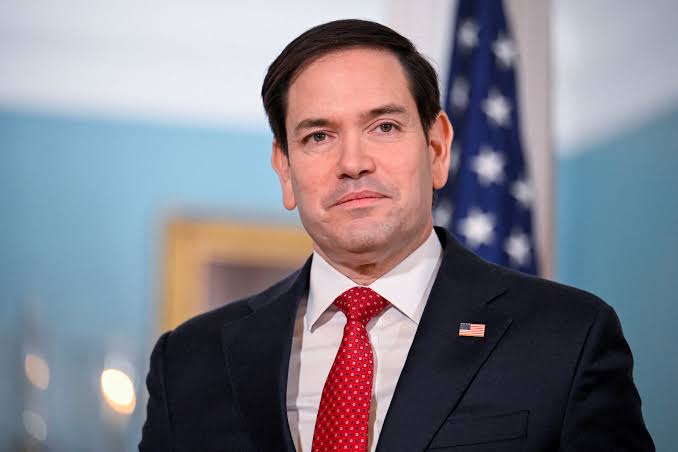Washington, D.C. — U.S. Senator Marco Rubio has instructed American diplomats to initiate an aggressive diplomatic campaign aimed at countering the European Union’s sweeping digital regulations, according to sources familiar with the matter. The move marks a sharp escalation in transatlantic tensions over tech governance and the future of digital trade.
The directive, issued through informal channels but widely acknowledged in diplomatic circles, calls on U.S. embassies across Europe to lobby member states and EU officials against enforcement of key provisions in the EU’s Digital Markets Act (DMA) and Digital Services Act (DSA). These laws target major U.S.-based tech firms such as Apple, Amazon, Google, and Meta, designating them as “gatekeepers” subject to stricter oversight.
Rubio, the top Republican on the Senate Intelligence Committee and a vocal critic of what he calls the EU’s “protectionist” tech agenda, is reportedly concerned that the regulations disproportionately affect American companies while shielding European competitors.
“This is not just a trade issue, it’s a geopolitical one,” Rubio said in a statement to reporters. “Europe is using regulation as a weapon to weaken U.S. tech leadership while giving an opening to adversaries like China.”
Diplomatic cables reviewed by insiders suggest U.S. embassies have been instructed to warn host governments that enforcement of the EU’s tech laws could damage cooperation on digital trade, cybersecurity, and transatlantic innovation partnerships.
European officials have pushed back strongly. “We regulate based on principles, not nationality,” said a spokesperson for the European Commission. “Companies operating in our market, regardless of origin, must follow EU rules designed to protect consumers and ensure fair competition.”
The lobbying effort comes amid growing international scrutiny of Big Tech’s influence and increasing friction between Western allies over data privacy, competition policy, and the role of U.S. tech firms in Europe’s digital ecosystem.
While the Biden administration has not formally endorsed Rubio’s campaign, some officials in the State Department and U.S. Trade Representative’s office share his concerns and have quietly supported efforts to influence the EU’s regulatory approach.
Analysts say the move could complicate U.S.-EU relations, particularly at a time when both sides are seeking to present a united front against China’s rising tech ambitions.
“This kind of pressure campaign could backfire,” said Marietje Schaake, a former EU lawmaker and now director of international policy at Stanford’s Cyber Policy Center. “Europe is committed to enforcing its digital sovereignty, and heavy-handed lobbying will only strengthen that resolve.”
The diplomatic push is likely to intensify in the coming months as enforcement of the DMA accelerates and major tech firms face potential fines or operational restrictions for noncompliance.
source: reuters.com
